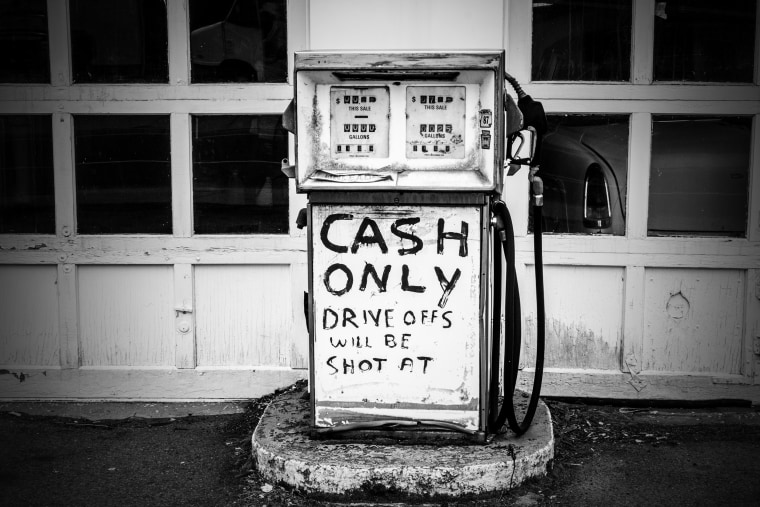With one automaker after another announcing plans to go “100 percent electrified,” you might think that your corner gas station will be shutting down in a couple of years. But while battery-powered vehicles will eventually replace high-mileage diesels, that doesn’t mean the internal combustion engine is fading away just yet. The reality, industry leaders stress, is that pure battery-electric models, such as the Chevrolet Bolt EV and the Nissan Leaf, will remain relatively niche players for at least the next decade.
Though an increasing number of countries, from Norway and India to France, China, and even Germany, have enacted or are considering gas and diesel bans, there is no "silver bullet” that can both solve our environmental issues and meet the needs of all drivers, cautioned Dieter Zetsche, the CEO of Daimler.
Diesels have clearly taken a hit in the wake of the Volkswagen emissions scandal, with Germany’s largest automaker acknowledging that it used a so-called “defeat device” to illegally pass emissions tests while actually producing up to 40 times more smog-causing pollutants than the law allows with two of its diesel engines. In recent months, several other automakers have been accused of rigging their own “oil-burners.”
But while diesel sales have slipped in Europe, according to data collected by consulting firm IHS Market, the technology is still found in about 47 percent of the new vehicles being sold on the Continent this year.
Why Diesel Is Still King
Diesel sales have taken a sharper plunge in the U.S.; VW will no longer offer the technology which, only three years ago, accounted for more than a fifth of its sales. Mercedes-Benz has pulled diesels from the American market indefinitely, and Fiat Chrysler’s offerings are on hold as the carmaker fights claims by the EPA that it also used a defeat device to rig emissions tests. But several other manufacturers, including Mazda and GM, are adding new diesel models.
There are a number of reasons why:
- Despite ongoing improvements in range, cost and charging times, battery-electric vehicles still aren’t truly competitive with gas or diesel-powered vehicles
- If anything, hybrids and plug-in hybrids have gotten so clean and efficient it has become all the more difficult to justify the switch to pure battery power
- That’s all the more so in places like China and Germany, where much of their electric energy is produced by dirty coal, rather than renewable sources or, at least by cleaner natural gas
- There is still a lack of charging infrastructure, especially in dense urban environments where battery power might eventually make the most sense.
Even conventional gas-powered vehicles are becoming so clean and energy efficient that it has become harder and harder to justify the added cost of going 100 percent electric.
That could change in the years ahead. “We’re waiting for the big battery breakthrough,” said Brian Bolain, the general manager for marketing at Lexus.
Battery Boost
Lexus’ parent, Toyota, is dropping hints that it just might have that breakthrough in the works. As part of a new partnership with Mazda, Toyota is planning to launch a new line of battery-electric vehicles in 2021. And they just might use an alternative to today’s most advanced technology, something called the solid state battery.
That technology is expected to be lighter, smaller, less expensive, and far more energy dense — another way of saying it could boost range to 400 miles or more between charges. And some experts anticipate that solid state batteries will reduce charging times to as little as 10 minutes, making them a more direct alternative to the internal combustion engine.
Related: Just How Climate Friendly Are Electric Cars?
Whether those new batteries will actually deliver as promised — and whether they will be ready for prime time anytime soon — remains uncertain.
And so, for at least the time being, gas and diesel will remain a part of the automotive mix in order “to give drivers the kind of individual mobility they desire.”
